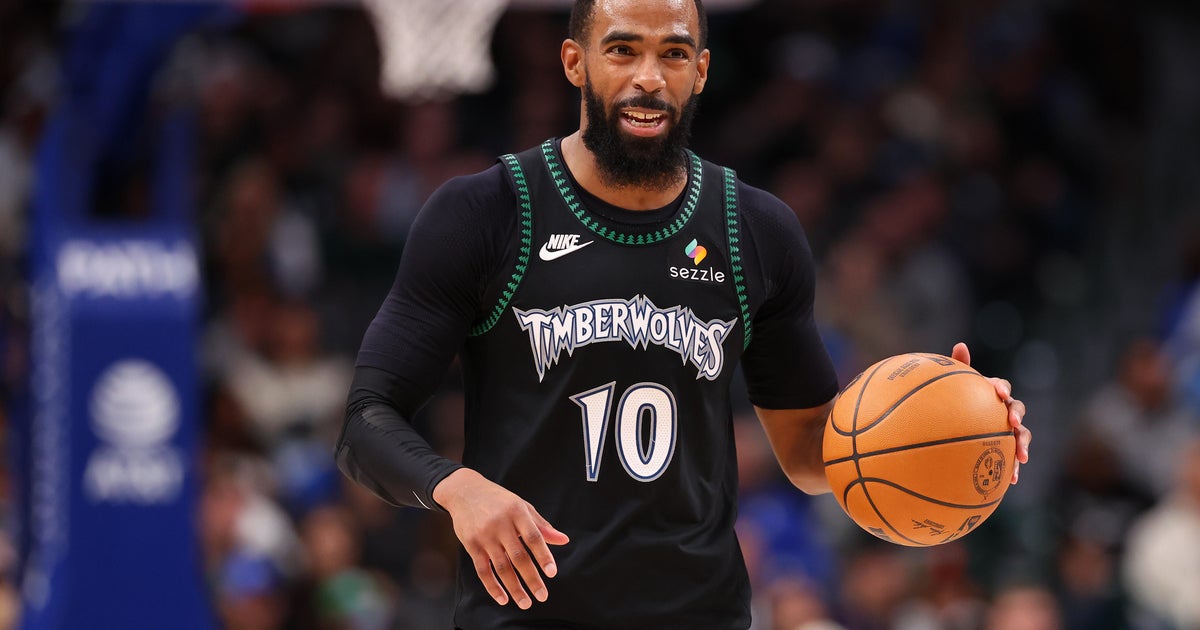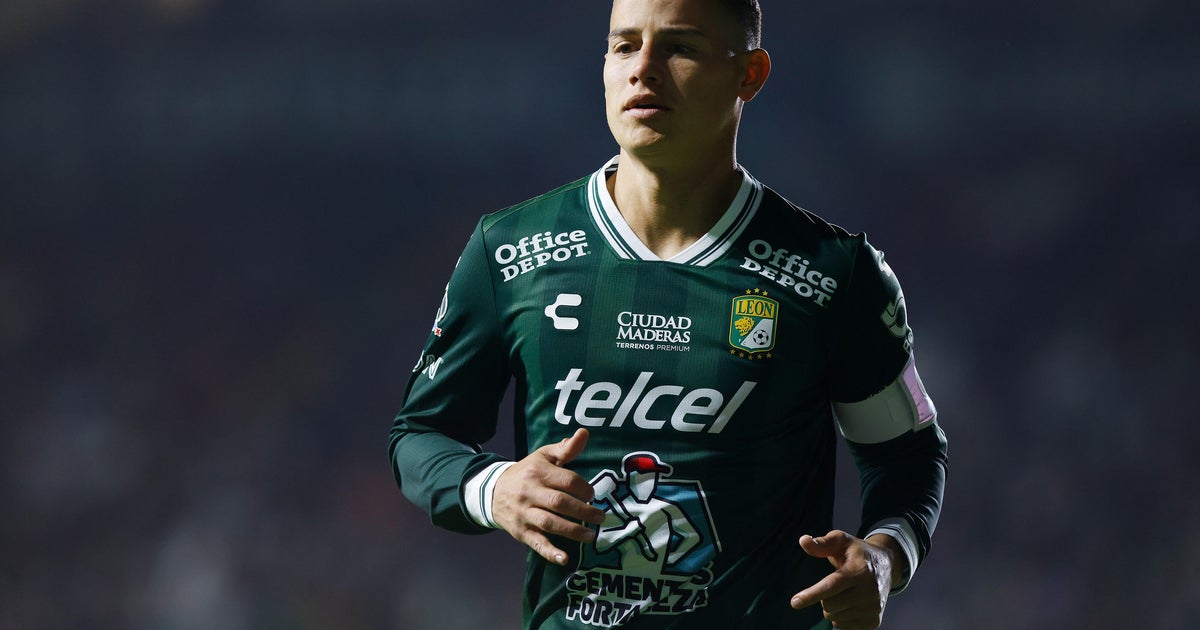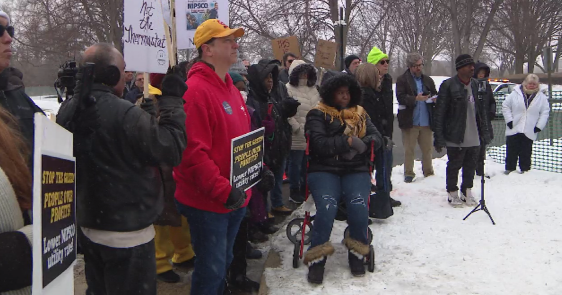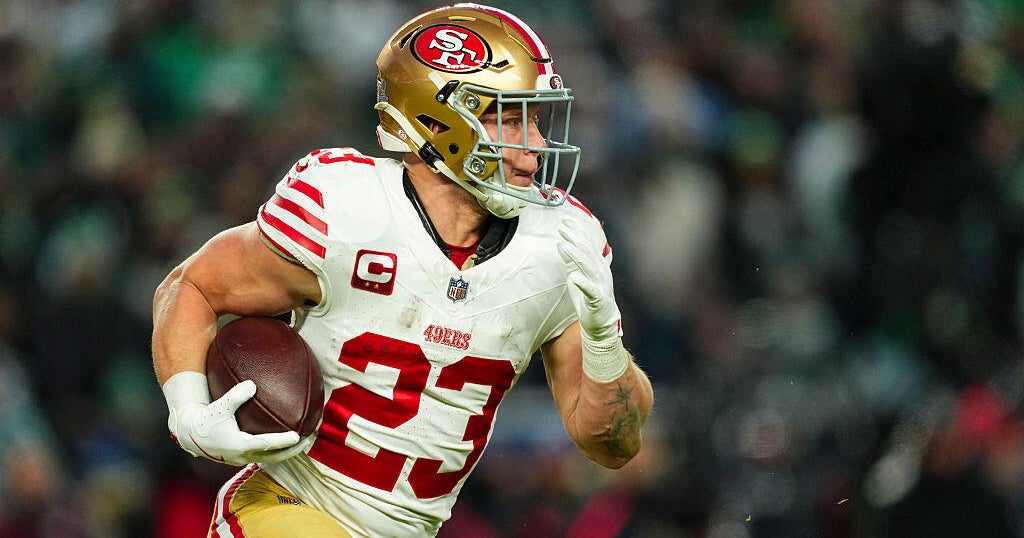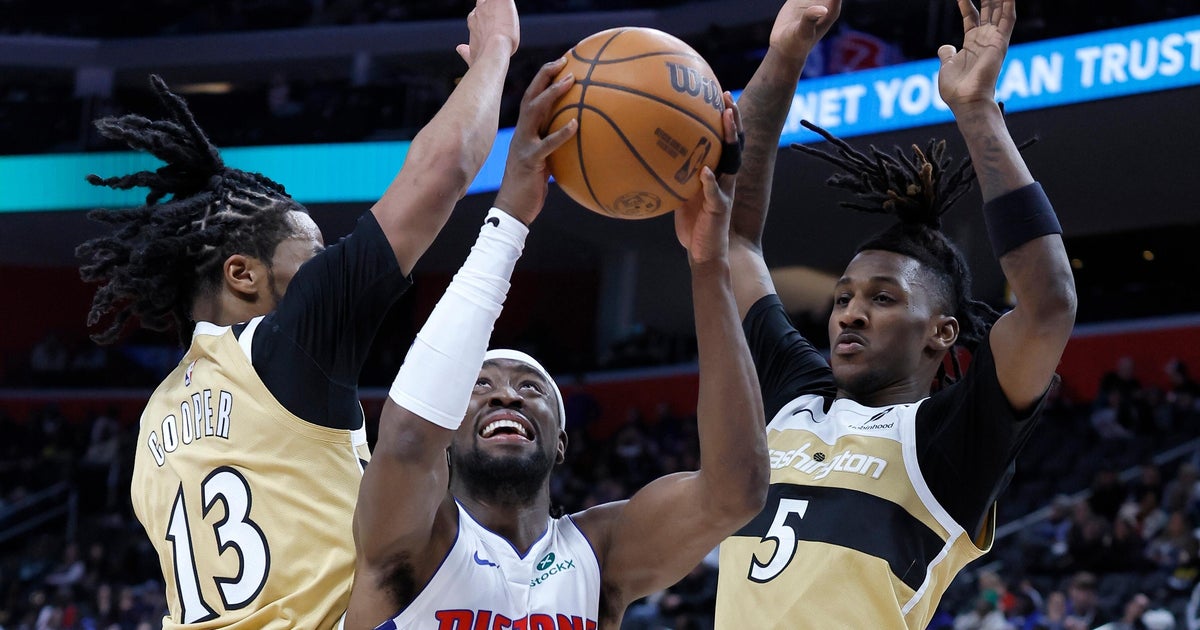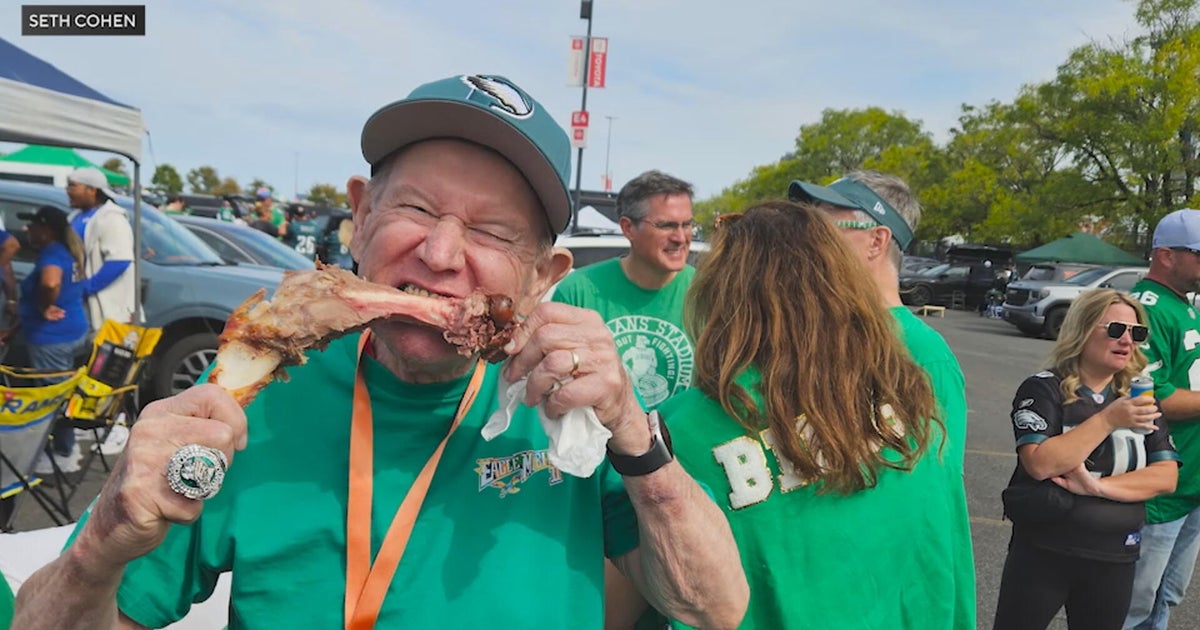NBA Lockout Causing Collateral Damage
MIAMI (CBSMiami.com) – The NBA owners' lockout of the players is showing no signs of ending after the league canceled the first two weeks of the season late Monday night.
The cancellation of games means Miami Heat fans longing to see the Big Three triumphantly take the court again will be forced to wait, perhaps until next season, to see the Heat on the court again.
The lockout is not only taking a toll on the players, but it's also costing Heat staffers part of their salary and costing vendors money that they would typically make each and every night the Heat played at the American Airlines Arena.
"Normally we're very busy with about a two-hour wait at the door with lots of Heat fans, lots of regular customers, lots of tourists come in and join us for the game," Hooters waitress Avi Perez said about a typical night when the Heat are playing.
"I would say we are exponentially busier than we would be on a regular day, even a Friday or Saturday," Tradewinds Bar and Grill bartender Eric Timothy told CBS4's Peter D'Oench..
So far, the Heat has lost six regular-season games, with four of those coming at home. The Heat would have opened up the season November 2nd at Madison Square Garden against the New York Knickerbockers and then played the first home game on November 3rd against the Orlando Magic.
"It affects our suppliers, they're bringing food to us; the delivery guys have smaller loads; the servers, the buses, they don't get the tips they normally would get," said Anthony Napoliello of Largo Bar & Grill.
When the Heat are at the AAA, Gordon Biersch Brewery said its business jumps 30 percent. Needless to say, employees and business owners are angry over the lockout.
"I think it's unfortunate, unfortunate for the city itself," said server Eric Vongries. "I think it's unfortunate for people like myself in this type of industry because it (the Heat) does bring more people into the business."
Most NBA writers and pundits fully expected the league to be willing to lose regular-season games this year as owners sought to impose their will on the players through a new collective bargaining agreement.
"We are just way apart," said NBA commissioner David Stern after Monday's negotiating session collapsed. "I'd like to think we can work something out. But with each passing day, you face the prospect of more games lost."
For the owners, they've already won. The players have agreed to give back close to a billion dollars to the owners over the length of the deal. But still, the owners want more.
If the owners' position was a movie character, it would be Gordon Gekko from the movie Wall Street saying, "Greed is good."
Both sides have been drawing proverbial lines in the sand as negotiations to end the owner-imposed lockout began in July. There are several issues holding the talks up, but the main hurdle the two sides can't climb is simply money.
The two sides must split what is known as basketball-related income, basically all the money the league takes in. The previous collective bargaining agreement had players receiving 57 percent and owners receiving 43 percent.
The owners originally wanted to reverse this and give players approximately 47 percent of the BRI. The players flatly refused this number and the two sides began posturing over who would break first.
The players finally agreed to drop down to 53 percent, but the owners refused this number. This comes despite the fact that the players would essentially be giving back $160 million a season, or close to a billion dollars over a six-year collective bargaining agreement.
There's also an owners issues of revenue sharing from big market teams like the Los Angeles Lakers and New York Knicks with small market teams like the Sacramento Kings and even the Cleveland Cavaliers.
Not surprisingly, the big market teams that will be impacted would want more from the BRI split in order to compensate them for any revenue they lose to revenue sharing.
The owners have proposed a harsh luxury tax that would tax teams like the Lakers at a dollar-for-dollar amount with tiers that could increase to four dollars-to-dollar taxes. That would in effect work like a hard salary cap, if big market owners aren't willing to violate it.
Naturally, players are not keen on the luxury tax going that high and are willing to fight any possibility of a hard cap on salaries.
Lost in the back and forth between the two sides is reality. The league enjoyed unparalleled popularity last season thanks to the Miami Heat, the rebounding Knicks, and the Mavericks taking down the Heat in the NBA Finals.
Keeping that popularity going for another couple of years would put the league in a top position to renegotiate television deals for perhaps billions of dollars more.
That would have put more money in the owners' pocket, had they agreed to a 47-53 BRI split with the players. It likely would have made enough money to finally allow owners to turn a profit with increased revenue sharing and increased money from a new television deal.
Instead, the owners are seeking to run up the score on the players. The owners know they've already won and are now in the position of seeing just how much they can squeeze from the players.
But, the owners are playing a dangerous game with fans. The NBA isn't the NFL in terms of fan popularity. If NBA fans choose to move on to college basketball or something else, then the record television ratings will be a thing of the past.
Without fans, no professional sports organization can succeed. The NBA spent the better part of the last decade trying to recover from the lockout of 1998-1999 that cost 32 games in the regular season.
The difference between now and then is during the last NBA lockout, the economy was soaring.
This time around, the Great Recession is still gripping the country and disposable income is a thing of the past for most Americans.
"It's kinda disappointing that in such a hard economic time that billionaires versus millionaires and it's the little guys getting squeezed," Napoliello said. "Unfortunately, it's getting rougher and rougher for everybody."
Against that backdrop, the owners and the players are bickering over millions of dollars when both sides make more money in a year than some people will see in a lifetime.
Fans can make both sides pay if they simply tune out the dispute. Given the current state of the country, both sides are risking significant long-term gains for imposing their will on each other.
It's a situation that is causing massive collateral damage amongst people who make their living off the league. Those people and the fans will be the ultimate losers in the lockout.
The NBA will return, but the question is will the fans be there to embrace it when it does?
"Just make it work, so everyone can be on even ground, just make it work," Timothy said.
"I know it's a business for them, but they can pay their mortgage or rent," Napoliello said. "A lot of people have trouble paying for a meal."
In the meantime, those people waiting for their meal ticket to come back to the AAA are starving as the hopes of basketball appears farther away than ever.

